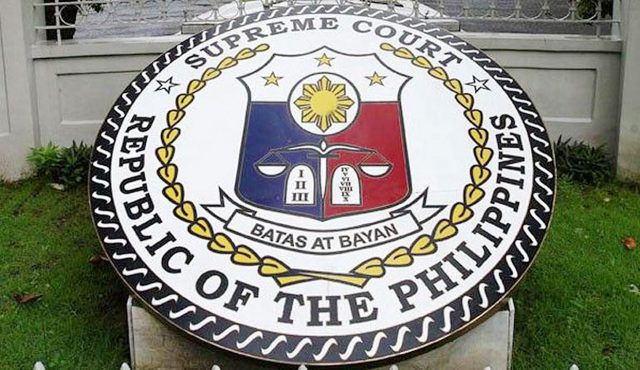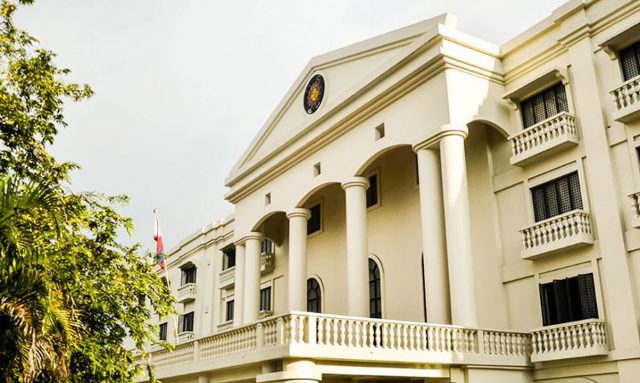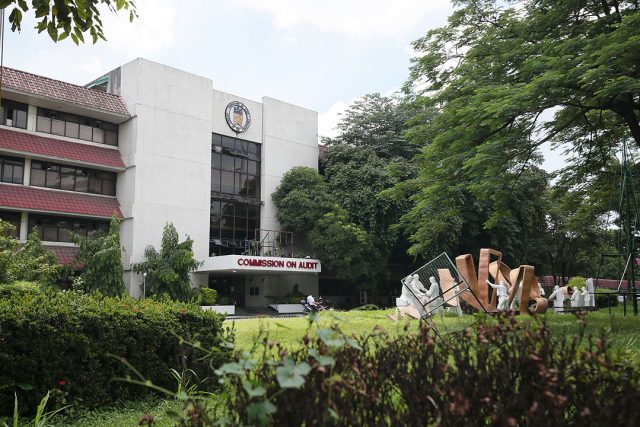Speaker: Senate agreed to rice tariff law changes
By Kenneth Christiane L. Basilio and John Victor D. Ordoñez, Reporter
SENATORS have agreed to amend the law that gave local traders control over rice imports, Speaker and Leyte Rep. Ferdinand Martin G. Romualdez said in a statement on Thursday after a meeting between leaders of the Philippines Senate and House of Representatives.
The Senate would discuss proposed changes to the Rice Tariffication Law of 2019 independently and not rely on the version approved by the House, the Speaker said.
“A key focus of the meeting was the amendments to the Rice Tariffication Law, identified as a top priority,” Mr. Romualdez said.
Senator Cynthia A. Villar, who heads the agriculture committee, would file her own version of the bill, he added.
It was not clear whether senators at the meeting had agreed to restore the National Food Authority’s (NFA) power to import and sell rice at subsidized prices.
The House last month approved on final reading changes to the law including restoring the NFA’s power to import the staple during national emergencies.
Congressmen fast-tracked the approval of the bill amid spiraling rice prices. The House bill also increased the Rice Competitiveness Enhancement Fund to P15 billion from P10 billion.
Ms. Villar earlier bucked the House proposal to reinstate the NFA’s ability to directly import and sell rice.
Her Senate Bill No. 2601 seeks to extend RCEF’s validity to 2031 and provide financial aid to farmers who till fewer than two hectares of land.
The bill does not touch the NFA’s regulatory powers unlike House Bill (HB) No. 10381, which will expand its regulatory and importation functions.
Retail prices of regular-milled rice averaged P48 to P51 per kilo, while well-milled rice was P52 to P55 per kilo in Metro Manila markets, according to the Department of Agriculture. Premium rice costs P52 to P62 per kilo, while special rice averaged P57 to P65 per kilo.
“Amending the Rice Tariffication Law is a crucial step towards ensuring food security and economic stability for our farmers,” Mr. Romualdez said.
Also on Thursday, Ms. Villar called on the Agriculture department to improve its implementation of the P30-billion national rice program this year, saying the agency should stop buying overpriced hybrid seedlings that fail to boost rice output.
At a Senate hearing, the lawmaker told Agriculture officials to stop buying “rejected” hybrid seedlings from overseas that often fail to grow on local soil.
“These hybrid seedlings are very expensive at P250 per kilo compared with local inbred seedlings that are only 30 pesos per kilo,” she said in Filipino.
“You were not effective in the national rice program, yet you buy hybrid seedlings worth P15 billion and chemical fertilizer worth P10 billion,” she added.
This came after Agricultural Undersecretary Asis G. Perez asked that they be allowed to directly manage the rice program instead of assigning the task to an ad hoc group.
At the hearing, Philippine Institute for Development Studies (PIDS) research fellow Roehlano M. Briones said that aside from extending the rice fund, Congress should also allot more budget for underfunded programs such as small water impounding and support for organic fertilizer production.
He also opposed the plan to restore the NFA’s power to import and sell rice, which he said could open the door for corruption.
“Imports are still a more cost-effective option for procuring buffer stocks,” he said, adding that rice imports should be assigned to another agency with the authority to import and incorporate modalities such as the ASEAN Plus Three.
ASEAN Plus Three is an agreement between Southeast Asian countries to cooperate on ensuring emergency rice reserves that can be accessed by signatory countries.
Senator Maria Imelda “Imee” R. Marcos has opposed the proposal to bring back the NFA’s import powers, saying the agency had failed to boost rice stocks.












